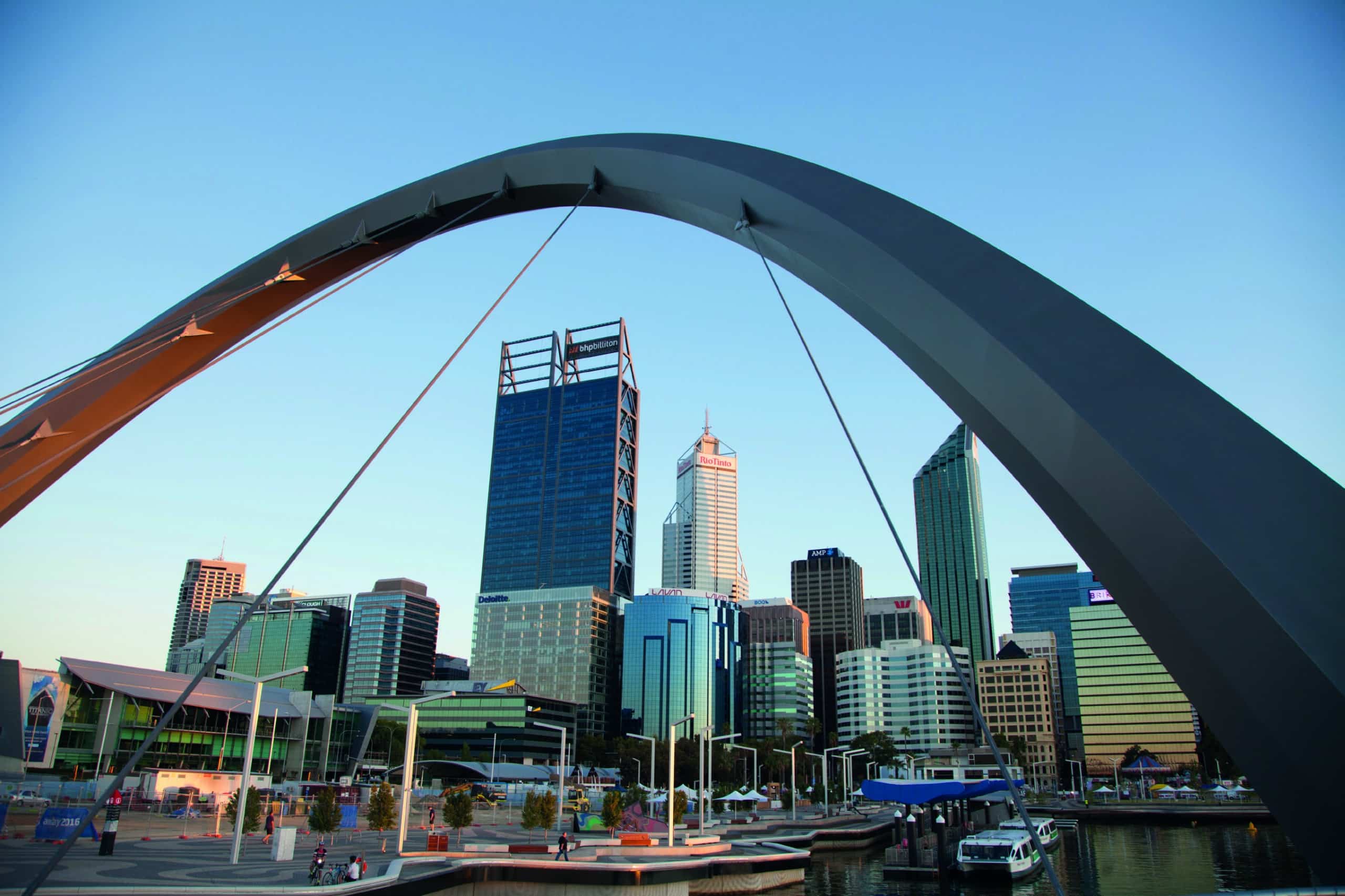With the Turnbull Government set to establish a national space agency, WA Liberal Senator Linda Reynolds says WA must play a leading role.
An expert reference group is assessing Australia’s space industry capability and is due to release its charter for a space agency at any time.
Reynolds and WA Opposition Leader Mike Nahan made the case for WA as a significant contributor to Australia’s space industry capability in a joint submission to the Federal Government review in August last year.
Reynolds will outline opportunities for business at the Opportunities in WA’s Growing Defence and Aerospace Sector event on April 27, along with Curtin University Office of Research and Development in Perth, Energy Research Initiatives Director Tim Walton.
In pushing for the space agency to be based in WA, Senator Reynolds said WA was already home to a wide variety of civilian and defence space facilities and will soon co-host the world’s most powerful telescope, the Square Kilometre Array.
“The SKA will cement WA as a leader in the global space industry. It’s a welcome addition to existing facilities which include the Murchison Widefield Array, Desert Fireball Network, the European Space Agency’s Deep Space Antenna, Perth International Telecommunications Centre, West Australian Space Centre and Learmonth Solar Observatory.
“Significant space-related research and technology development is being undertaken by Curtin University and University of Western Australia, which have joined forces to form the International Centre for Radio Astronomy Research.”
Reynolds said WA’s workforce had a strong presence in the space sector, with the potential to expand, as well as a geographic position that made it an attractive location for major space projects.
“WA has an abundance of remote areas and much of the state possesses the perfect combination of low population density, minimal electromagnetic interference and high air quality, which creates ideal conditions for radio antennae, telescopes and other sensitive electronic measuring devices necessary for both civilian and defence space projects,” she said.
The industry is worth $420 billion globally, of which WA is positioned geographically to play a significant role.
►Join us on 27 April to hear about the exciting opportunities within WA’s growing defence and aerospace sector — get your tickets here.












